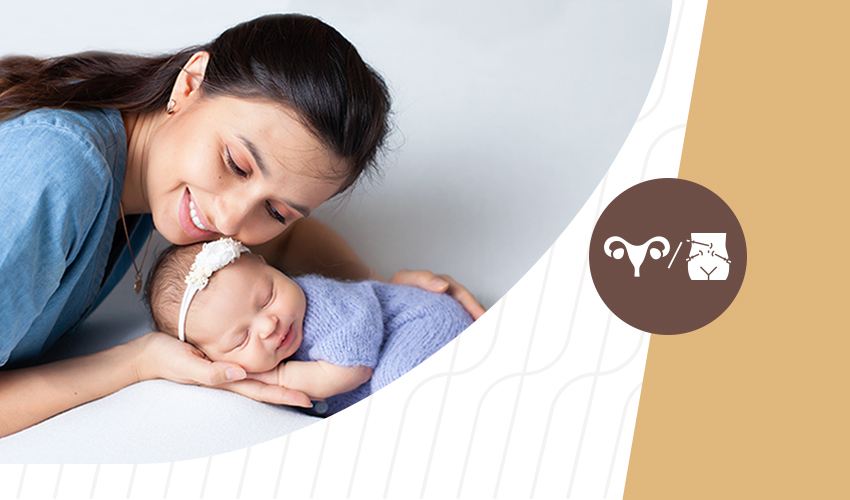- Our Doctors
- Our Specialities
Centres of Excellence
-
 Centre for Blood Diseases, BMT & Cancer Immunotherapy
Centre for Blood Diseases, BMT & Cancer Immunotherapy -
 Centre for Bone, Joint & Spine
Centre for Bone, Joint & Spine -
 Centre for Critical Care Medicine and ECMO Services
Centre for Critical Care Medicine and ECMO Services -
 Centre for Gastrosciences
Centre for Gastrosciences -
 Centre for Heart & Vascular Care
Centre for Heart & Vascular Care -
 Centre for Nephro-Urosciences
Centre for Nephro-Urosciences -
 Centre for Neurosciences
Centre for Neurosciences -
 Centre for Obstetrics and Gynaecology
Centre for Obstetrics and Gynaecology -
 Centre for Organ Transplantation
Centre for Organ Transplantation
Super Speciality
-
 Advanced Diagnostic and Interventional Radiology
Advanced Diagnostic and Interventional Radiology -
 Anesthesiology & Pain Management
Anesthesiology & Pain Management -
 Clinical Nutrition and Dietetics
Clinical Nutrition and Dietetics -
 Dental and Maxillofacial Surgery
Dental and Maxillofacial Surgery -
 Dermatology
Dermatology -
 Emergency and Trauma
Emergency and Trauma -
 Endocrinology and Metabolic Disease
Endocrinology and Metabolic Disease -
 ENT and Head & Neck Surgery
ENT and Head & Neck Surgery -
 Family Medicine
Family Medicine -
 General and Laparoscopic Surgery
General and Laparoscopic Surgery -
 General Medicine
General Medicine -
 GI Onco Surgery
GI Onco Surgery -
 GI Oncology
GI Oncology -
 GI Surgery, Advanced Laparoscopy and Gastro Oncosurgery
GI Surgery, Advanced Laparoscopy and Gastro Oncosurgery
-
- Key Procedures
- Our Hospitals
- International Patient
- Contact us
-
Quick Links


High-risk Pregnancies
All pregnancies carry risks. The definition of a “high-risk” pregnancy is any pregnancy that carries increased health risks for the pregnant person, fetus (unborn baby) or both. In some cases, high-risk pregnancy is the result of a medical condition present before your pregnancy. In other cases, a medical condition that develops during pregnancy for either you or your baby causes a pregnancy to become high risk. People with high-risk pregnancies may need extra care before, during, and after birth. This helps to reduce the possibility of complications.
Symptoms
- Vaginal bleeding or watery vaginal discharge.
- Severe headaches
- Abdominal pain
- Decreased fetal activity
- Pain or burning with urination
- Dizziness
- Fever
- Nausea and vomiting
- Changes in vision, including blurred vision.
- Sudden or severe swelling in the face, hands, or fingers
Causes
There are several causes that might contribute to a high-risk pregnancy include:
- Age. Pregnancy risks are higher for mothers older than age 35 and under 17
- Lifestyle choices. Smoking cigarettes, alcohol abuse
- Preexisting health conditions: High blood pressure, obesity, diabetes, epilepsy, thyroid disease, heart or blood disorders, poorly controlled asthma, and infections can increase pregnancy risks.
- Pregnancy complications: Various complications that develop during pregnancy can pose risks. Examples include an unusual placenta position, fetal growth less than the 10th percentile for gestational age (fetal growth restriction), and rhesus (Rh) sensitization — a potentially serious condition that can occur when your blood group is Rh negative and your baby's blood group is Rh positive.
- Pregnancy-related health conditions: A history of pregnancy-related hypertension disorders, such as preeclampsia, increases the risk of having this diagnosis during the next pregnancy. If you gave birth prematurely in your last pregnancy or you've had multiple premature births, you're at increased risk of early delivery in your next pregnancy. Talk to your health care provider about your complete obstetric history.
Treatments
Uncompromised healthcare services. Always.
Frequently Asked Questions
Are there any worrisome signs that one needs to report to an expert on an immediate basis?
You will have to consult the doctor if there is vaginal bleeding, unusual vaginal discharge, constant headache, pain or cramping in the lower abdomen, reduced fetal activity, fever, dizziness, vomiting, painful urination, and swelling in the face, hands, or fingers. Do not neglect these symptoms at all.
Does high-risk mean there is something wrong with my baby?
High-risk means there is more of a chance of unpredictability in your pregnancy, but it doesn’t mean complications are guaranteed. Many women deemed “high-risk” go on to have problem-free pregnancies and happy, healthy babies.
What can be done for having a healthy pregnancy?
Taking care of yourself and getting early and regular prenatal care from a healthcare provider may help reduce some of the risks to the pregnancy.
- Eat healthy - Ask your healthcare provider about what to eat and drink to get the right nutrients while also maintaining a healthy weight
- Don’t smoke, do drugs, or drink alcohol
- Exercise regularly
- Get good dental care
- Get regular prenatal care
- Always follow your healthcare provider’s recommendations
- Take care of your pre-existing health conditions if you have any

 +91 9393 108 108
+91 9393 108 108




















































